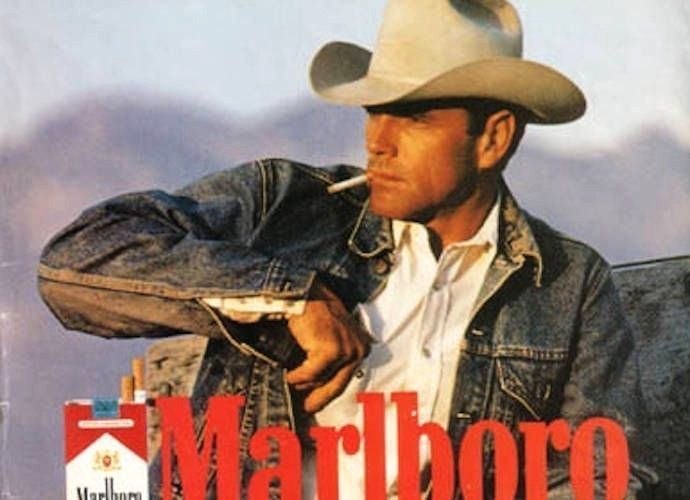Wants versus Needs: How we pay for our own misery
The twentieth-century introduced marketing based on wants instead of needs.
The other was the shift in marketing from needs to wants. Podcast guest Amy Westervelt’s podcasts, particularly Drilled, documented this shift, especially through the work of Edward Bernays. Needs can be met. Once you have enough food, water, shelter, and a few other necessities, you can move to other things in life, like hobbies, family, arts, sports, and civic participation. Wants can persist forever.

Marketers associating Virginia Slim cigarettes with female empowerment, Ford F-150s with masculinity, diamonds with love, and so on created unlimited demand. Instead of singing, we were sold music recordings to listen to passively. Instead of telling stories around a fire, we were sold televisions to watch passively. Instead of playing sports, we watch them passively on those TVs. Instead of traveling by actively moving, we are transported passively around the world.
Believing we have infinite energy, we build tools to work for us. They provide comfort, which we take for granted, at the expense of appreciation, struggle, accomplishment, meaning, and purpose. We isolate ourselves where we used to collaborate.
Wants are also malleable and can be connected to products. Marketers find every want they can, connects them to products, and implies you will fulfill them by buying their products. They connected freedom to cigarettes, for example, as well as Americana to Coca-Cola, love for your spouse to diamonds, and status to cars and house size. Once they get a foothold into your psyche, competitive strategies lead them to make themselves dominant by squeezing out other ways of satisfying your wants.
Their greatest achievement is leading us to believe that we need them for the most important parts of life. Marketers also find emotions that keep us coming back, like outrage, desire to be loved, desire to be fit, and so on. In increasing parts of life, they’ve learned to program our emotional systems than we can. That’s why the more I exit mainstream culture, the more free I feel and the more I want to keep going. You tell me what you fear losing and I’ll tell you what you’ll get more of.
We are paying for our misery
Thus we believe that people in Sustainable Free Abundant cultures (we call them “Stone Age,” erroneously) are missing the best parts of life while we forever want more no matter how much we pay. The following may overstate things, but generally:
Their lives are full of what humans value most, while we are addicted to and controlled by most.
They love more, we buy more.
They are more free, we are more controlled.
They are more secure, we are filled with insecurity.
They support each other more, we’re more needy.
They’re more resilient, we’re more fragile.
Their children are mature, our adults are infantile.
They are surrounded by the beauty of nature, which they harmonize with; we pave it over and fear it.
They embrace struggle and effort, we fear losing comfort and convenience.
They’re effortlessly fit, we stress over our obesity.
Their foods are delicious, ours are drenched in salt, sugar, and fat.
They’re helpful, we’re helpless.
We pay to get what they have and those funds are used to keep us miserable and coming back.
Read my weekly newsletter

On initiative, leadership, the environment, and burpees